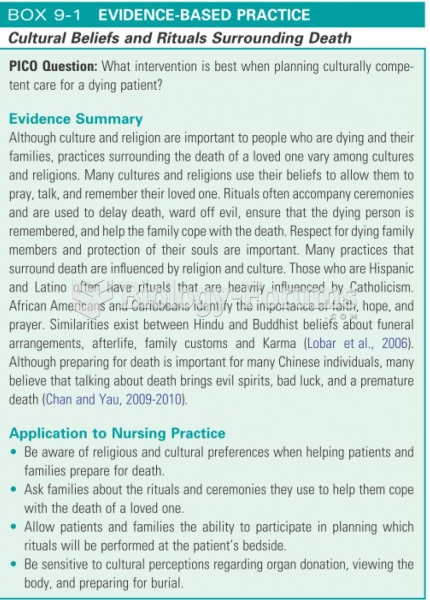|
|
|
If you could remove all of your skin, it would weigh up to 5 pounds.
More than 2,500 barbiturates have been synthesized. At the height of their popularity, about 50 were marketed for human use.
Dogs have been used in studies to detect various cancers in human subjects. They have been trained to sniff breath samples from humans that were collected by having them breathe into special tubes. These people included 55 lung cancer patients, 31 breast cancer patients, and 83 cancer-free patients. The dogs detected 54 of the 55 lung cancer patients as having cancer, detected 28 of the 31 breast cancer patients, and gave only three false-positive results (detecting cancer in people who didn't have it).
Street names for barbiturates include reds, red devils, yellow jackets, blue heavens, Christmas trees, and rainbows. They are commonly referred to as downers.
The immune system needs 9.5 hours of sleep in total darkness to recharge completely.







